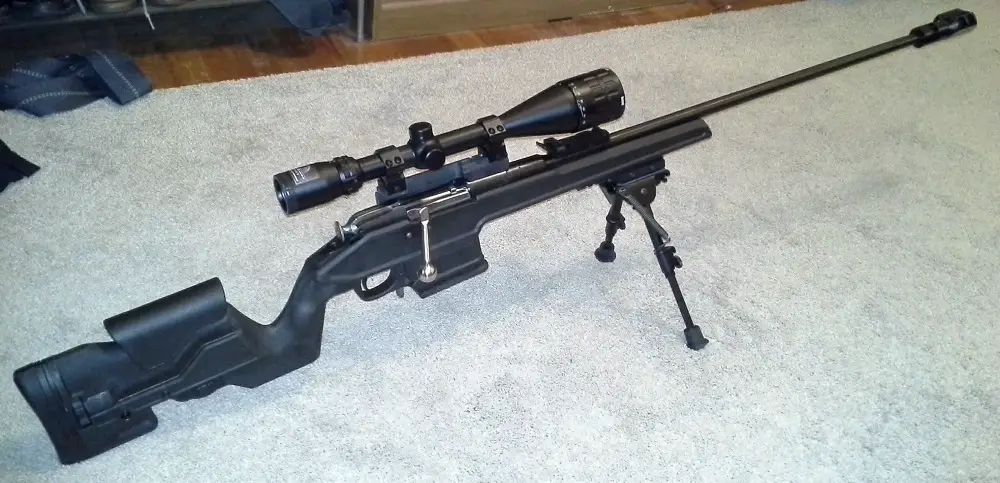Show Notes:
You can get started hunting deer with very little equipment and spending very little money. The biggest thing to account for is the weather, colder weather will mean more total gear is needed to stay out for long periods of time. There is a big misconception that you need all professional camo gear to hunt with. That just isn’t true.
What you need is gear that is warm enough, offers some concealment, and will enable you to start hunting so you can get some experience and see what kinds of gear you want to invest in down the road. On this episode we talk about the bare essentials, and give some modest recommendations for cost saving entry level items.
The below specific gear recommendations are items that I feel are worth investing in right off the bat. For instance, you don’t need to spend $500 on a top of the line blaze orange coat, you can get whatever warm neutral colored coat you already have or can get at a thrift store and then toss a nice $30 blaze orange camo vest on top of it and you are in good shape. You can also get by with cheap or existing boots if you have good socks and some warmers to add to them, and if you can stay dry.
Specific Gear Recommendations Mentioned On The Show
- Orange Camo Hat
- Orange Camo Vest
- SmartWool Extra Heavy Socks
- Heat Factory Assorted Warmers
- Camo Glacier Gloves
- Game Cleaning Gloves
- Deer Drag System
General Gear Items To Remember
- Warm Bootsashlight
- Camo, Black, or Neutral Pants
- Camo, Black, or Neutral Coat
- Sharp Knife
- Water and Snacks
- Pen and String
- Umbrella or rain gear
- Ziploc Bags, Garbage Bag, Paper Towels
- First Aid Kit, Including safety whistle and compass
- Camo, Black, or Neutral Color Backpack
Don’t forget that deer do not see reds, oranges, and browns well or as threatening. Blue’s, violets, yellows and whites can stand out like bright glowing indicators. Never wear blue jeans, never wear white, and avoid anything that shows any of those colors whenever possible.
Staying in the shade, keeping still, and being quiet will do more for you than any fancy high priced gear. Yes, quality gear can help you, but 100 years ago people were still enjoying white tailed deer hunts without the big ticket brands we have today. No matter what your budget is, you can have fun and be successful.

